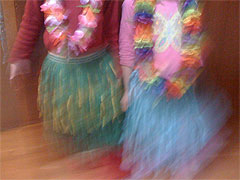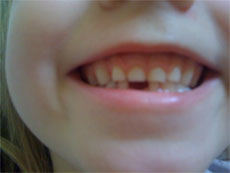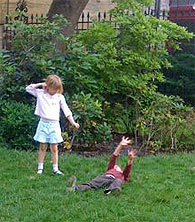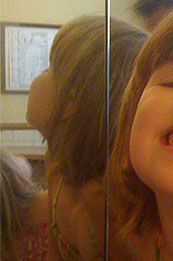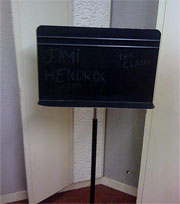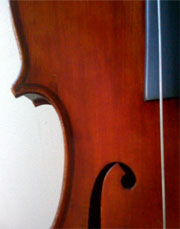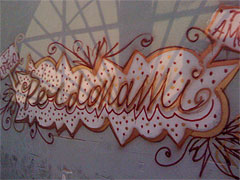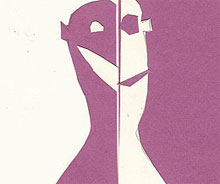A Little Longing
There was a pre-toddler in my house all last week, a baby boy, blindingly blond with thoughtful round blue eyes. A drunken sailor staggering around our living room. He took instantly to Short-pants and Buddy-roo, who are closer to his size and less threatening. De-facto had spent time with him before, so they rediscovered their kinship rather swiftly. But I was a tall stranger. Even though I’m family – I’m his aunt – he’d never laid eyes on me 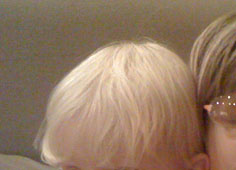 before in his one-year long life. So I waited and watched from the side, actually almost lurking, because I wanted him to know that I was interested in his affection, if he ever cared to offer it. But I kept my distance from the little man, which is – for real – what my sister-in-love and her De-facto call their baby boy. Little man.
before in his one-year long life. So I waited and watched from the side, actually almost lurking, because I wanted him to know that I was interested in his affection, if he ever cared to offer it. But I kept my distance from the little man, which is – for real – what my sister-in-love and her De-facto call their baby boy. Little man.
I remember when I was little, visiting my grandmother. She lived in a condominium complex with a long swimming pool and a shuffleboard court, which I thought was terribly exotic. She had a friend, an older, ugly man with bad breath who always wanted to hug me. I don’t believe he ever wanted to do more than that, but still, I didn’t want even the casual nice-to-see-you-oh-you’re-so-grown-up embrace from him. It was a real treat to visit Grammy – she cooked corn-fritters from scratch and made thick, icy, piña coladas – but I dreaded running into her creepy friend. A big oath by a small child can be a powerful thing: I promised myself that when I grew up I’d never force my hugs upon an unwilling little person.
Instead I crouched down across from the little man, day-by-day, hoping to become more familiar, to become someone he might trust. Each day, a little closer. A short conversation, from a distance. A smile, a song. Then it came, the moment, several days in, when, without any coaxing he actually stumbled into my arms and allowed me, without squirming, to pick him up and carry him around.
My failing memory had blocked it out – until he was in my arms and it all came back – what it is to hold a big baby who’s so compact, solid and muscled. He’s a little peanut but he’s dense, the robust force of his all-boy energy like cutting open a vacuum-sealed bag. His miniature feet clamped at my waist. His fat index finger tested my nose. He smelled like milk.
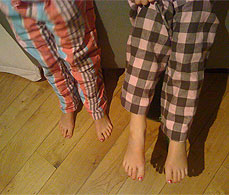
And I thought, how could it be that my daughters were once this size and I could hold and hug them close to my chest? How could it be that once, only a few years ago, these long straws in a tall soda glass that stand before me now could have been little and round and nestled in my arms just like this?
Impossible.
Yesterday, after the long-faced trek down four flights of stairs with suitcases and the stroller and the this and the that which are required for long distance travel with a one-year old, De-facto reluctantly handed the little man back to his sister so she could buckle him in his car seat. Hugs goodbye with tears and promises not to wait so long for the next trans-Atlantic visit. We stood in the street waving as they drove away, until the taxi disappeared from sight.
Upstairs, the chaos left in the wake of the little man’s staggering-around play was waiting for us. We did not clear it away. We sat on the floor with the girls, laying out Brio track, piece by piece, building a seamless route to move trains around our living room, wishing – futilely – that our children could stay just as they are – small and huggable – forever.



